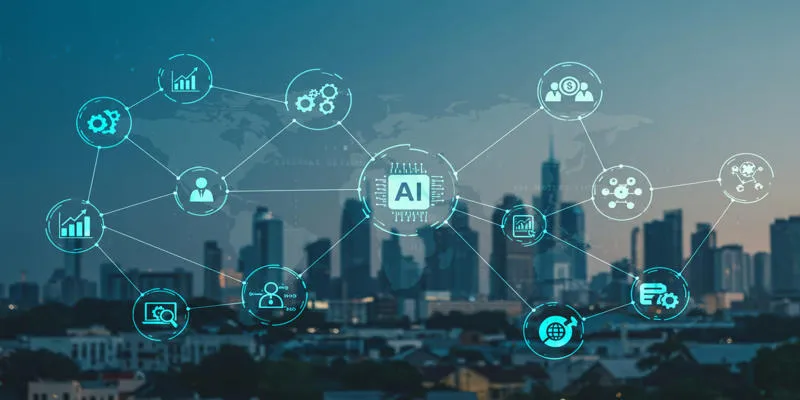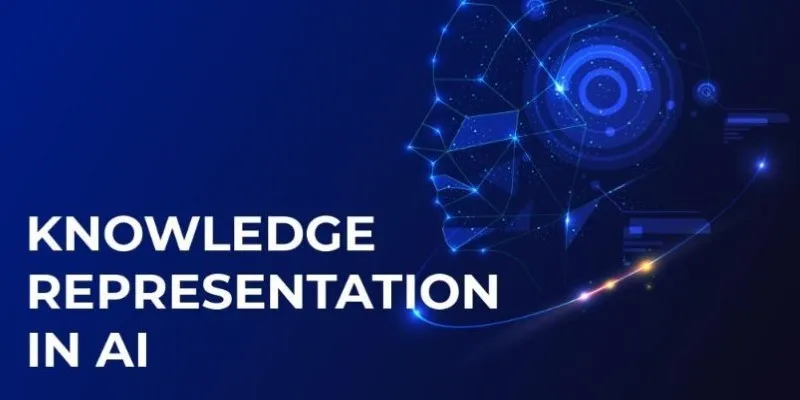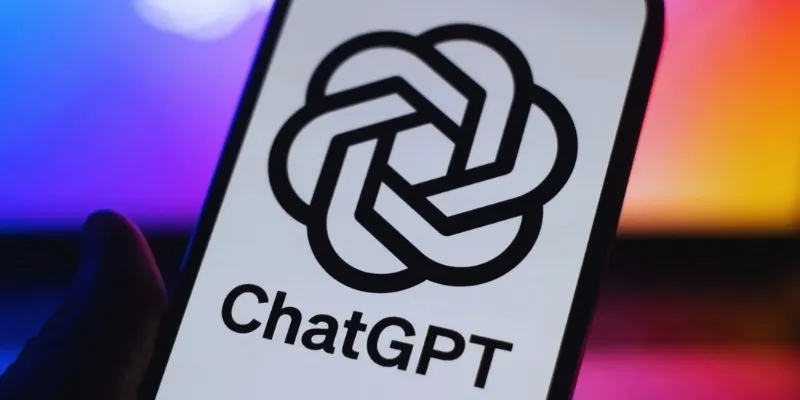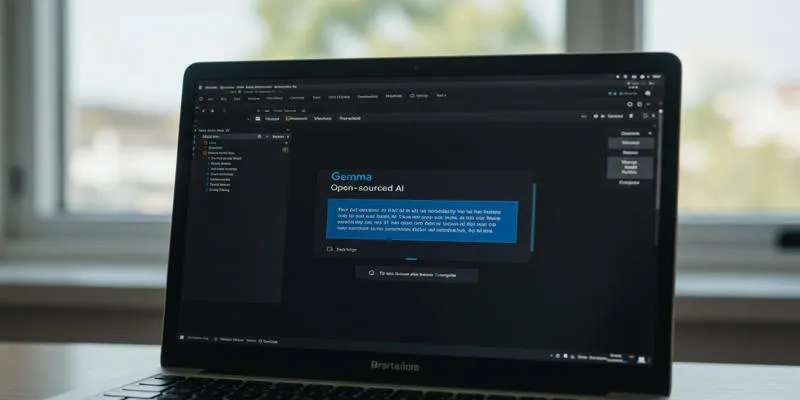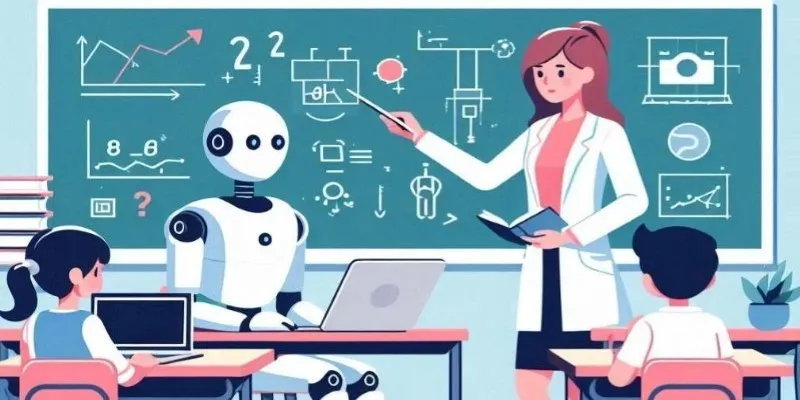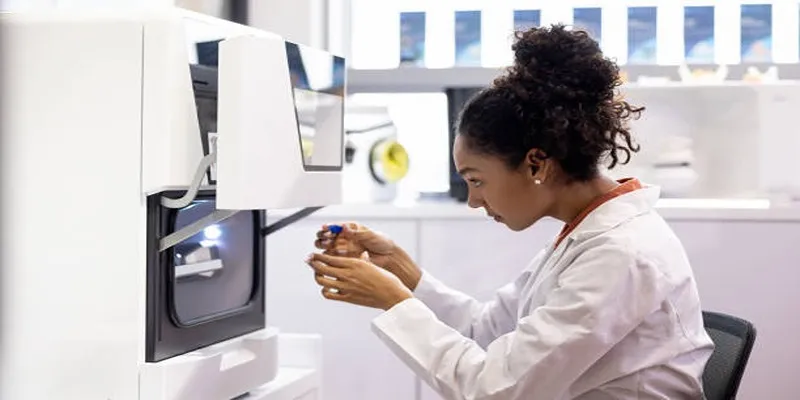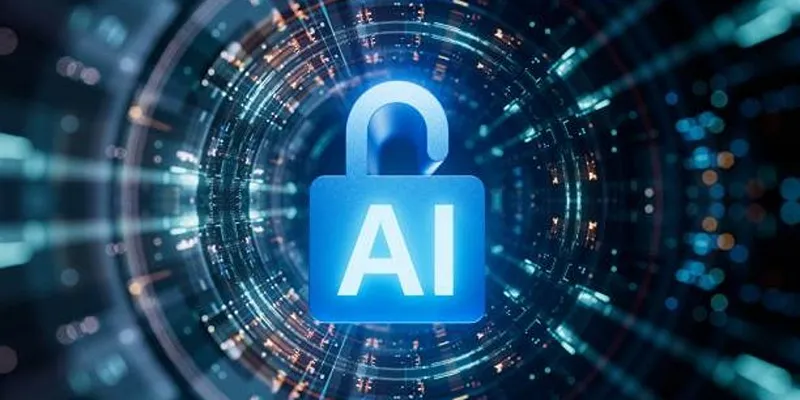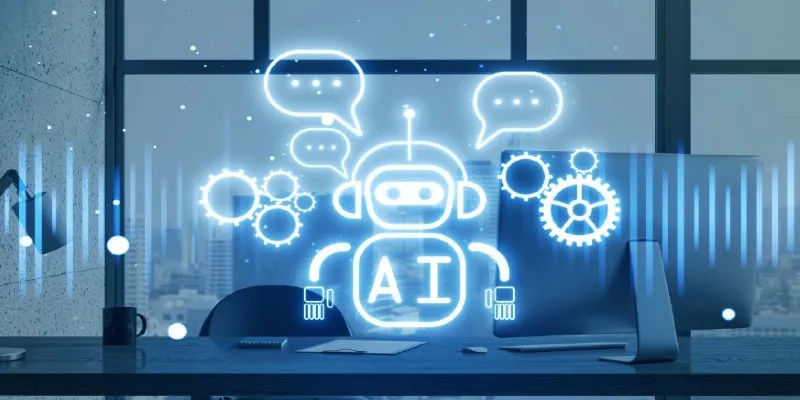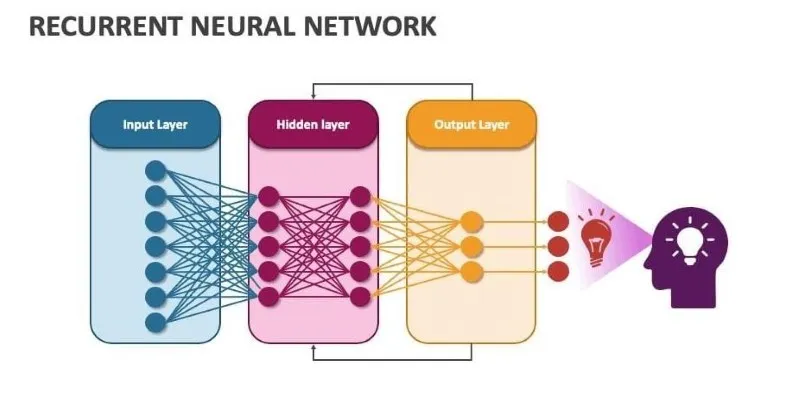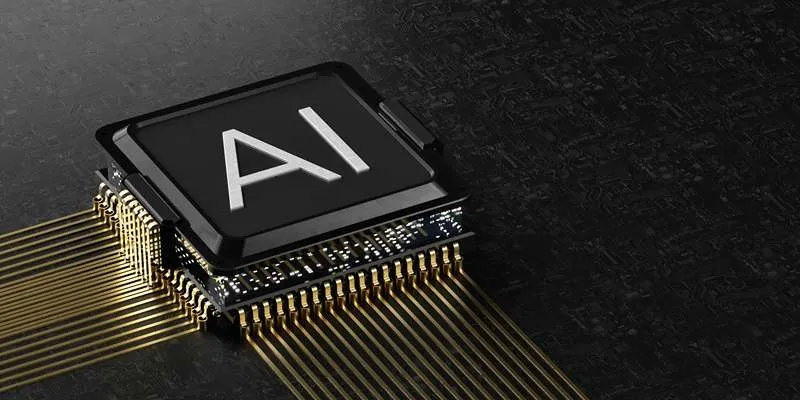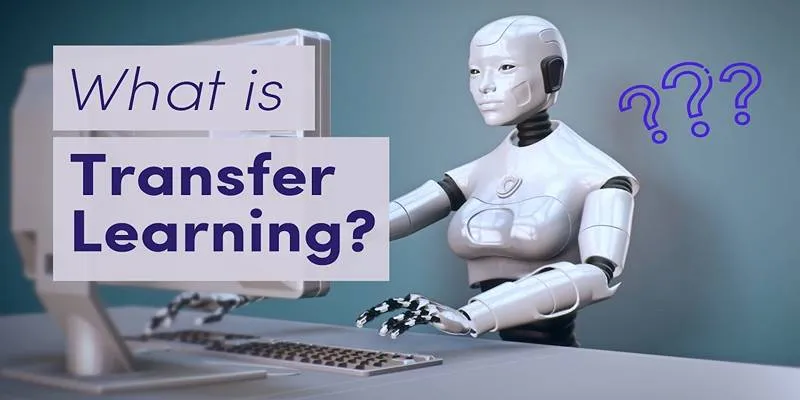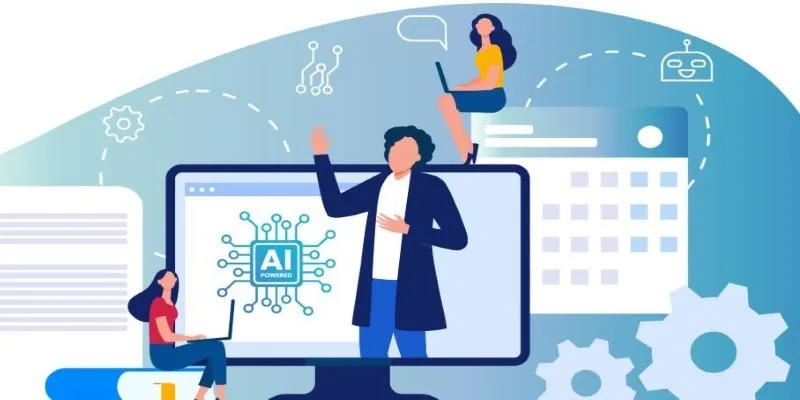Technology often raises questions and doubts. People fear machines replacing jobs or algorithms making human decisions. However, there’s a quieter, more hopeful side to this story — a story of AI stepping in where help is needed most. AI for Social Good isn’t about futuristic gadgets; it’s about real solutions for real problems.
From protecting wildlife to predicting disasters, AI is reshaping how we solve global challenges. Its strength isn’t just speed or data — it’s insight that saves lives, protects nature, and supports vulnerable communities. In a world with limited resources and growing problems, AI bridges the gap between technology and human compassion.
Healthcare Powered by Smart Solutions
One of the most promising uses of AI for Social Good lies in healthcare. In places where medical staff are scarce, or hospitals are overwhelmed, AI-driven tools offer support that saves time and lives. Systems now exist that can detect diseases like malaria or tuberculosis using smartphone cameras and simple diagnostic apps. This means faster treatment in remote regions where access to doctors is limited.
AI also helps with disease prediction models. Machine learning programs are trained to identify patterns humans may not recognize, detecting an outbreak before it spreads. For instance, AI is used in Africa to predict regions of likely malaria outbreaks based on weather, population distribution, and mosquito activity.
Furthermore, AI is revolutionizing drug development. Where traditional processes could take years, AI can scan through thousands of chemical combinations and medical records to fast-track the discovery of effective treatments. This acceleration isn’t just convenient — it saves lives when time is running out.
All of these endeavors fall under a developing trend to harness AI for Social Good in healthcare, with the ultimate objective of addressing worldwide issues that tend to impact the most vulnerable people.
Environmental Protection with Smart Eyes on the Planet
Our environment is in trouble — from deforestation to rising sea levels — and traditional conservation methods can’t keep up with the speed of destruction. Thankfully, AI is helping turn the tide by watching over our planet in once- impossible ways.

AI-powered drones and satellites now monitor forest loss, illegal fishing, and wildlife trafficking in real-time. These tools give conservationists early warnings about environmental threats and allow faster responses.
Climate change also presents new opportunities for AI for Social Good. Machine learning models can analyze huge amounts of environmental data to forecast extreme weather events. AI helps predict floods, hurricanes, and droughts, giving local communities the critical time needed to evacuate or prepare.
Moreover, smart farming practices are becoming possible thanks to AI systems that monitor soil quality, weather, and crop health. This enables farmers, especially in developing countries, to use resources more efficiently while increasing food production — an essential step toward solving global challenges like hunger and food insecurity.
By providing actionable information in real-time, AI allows for more sustainable use of natural resources, making a direct contribution to protecting our environment.
Education and Humanitarian Support Reimagined
Education remains a powerful tool for lifting people out of poverty, yet millions of children lack access to quality learning. AI for Social Good is finding creative ways to bridge this gap.
AI-powered learning platforms can adapt to a student’s skill level, allowing personalized education even in classrooms with limited teachers. These platforms provide children in remote villages with access to the same resources as students in large cities.
Language barriers are also being broken down. AI-powered real-time translation services allow refugees and migrants to access information, health services, and education in unfamiliar environments.
In humanitarian crises, AI helps non-profits and governments coordinate relief efforts. Whether it’s mapping disaster zones using satellite imagery or predicting where food aid is needed most, AI turns limited data into clear action plans.
Every step forward in this space highlights how AI for Social Good becomes a vital force in solving global challenges — not by replacing human effort, but by amplifying it.
The Road Ahead: Responsibility and Hope
As powerful as it is, AI is not a magic fix. Its success depends entirely on how we choose to use it. Without ethical guidelines, even the best technology can cause harm. Bias in algorithms, lack of transparency, and misuse of data are real risks that must be addressed.

That said, the story of AI for Social Good is still unfolding, and it’s deeply hopeful. Across the globe, researchers, organizations, and everyday people are coming together to harness technology for purposes greater than profit. Open- source AI tools are being developed so that communities without vast resources can still benefit from cutting-edge technology.
Governments and private companies are also beginning to support initiatives that focus on solving global challenges rather than simply chasing market gains. The success of these programs will depend on continued collaboration, fair design, and a commitment to leaving no one behind.
Ultimately, the question isn’t whether AI will change the world—it already does. The real question is: Will we guide this technology toward a future that reflects our best values? A future where innovation not only creates wealth but also heals wounds, restores balance, and uplifts those who need it most?
Conclusion
AI for Social Good is not just about technology — it’s about using innovation to make life better for people everywhere. From improving healthcare and protecting the environment to supporting education and humanitarian efforts, AI is playing a vital role in solving global challenges. Its true power lies in its ability to amplify human efforts and bring solutions to those who need them most. As we move forward, it’s essential to guide this technology responsibly, ensuring fairness, transparency, and compassion. With the right approach, AI for Social Good can create a future built on hope, equality, and meaningful progress.
 zfn9
zfn9





